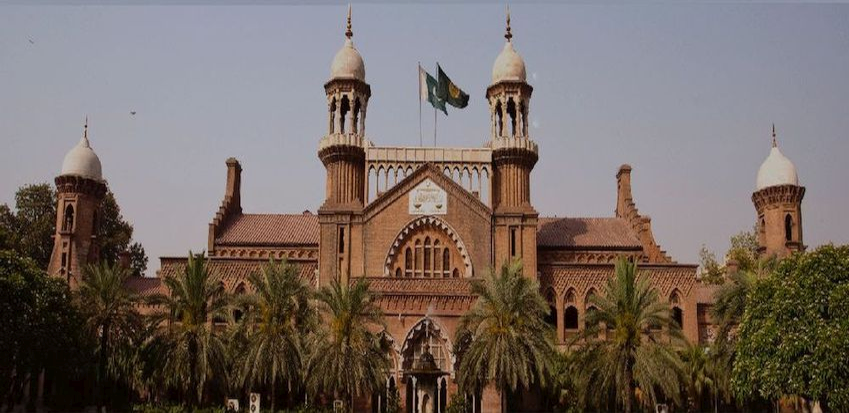Life Insurance Policy proceeds must be treated as part of a Deceased Muslim’s Heritable Estate and distributed according to Islamic Inheritance Law --- Lahore High Court, Lahore
Islamabad 12-10-2024: In a significant ruling, the Lahore High Court has declared that the proceeds of life insurance policies must be treated as part of a deceased Muslim’s heritable estate (Tarka) and distributed among legal heirs according to Islamic inheritance law. The judgment was delivered by Mr. Justice Ahmad Nadeem Arshad in [Civil Revision No. 44347 of 2023], filed by Mst. Razia Begum challenging lower Courts’ rulings that denied her a share in her late son’s insurance proceeds.
The case arose when Mst. Razia Begum, the petitioner, filed for a succession certificate following the death of her son, Muhammad Jahangir Khan, in April 2022. Her son had obtained a life insurance policy worth Rs. 1 million, naming his wife, Mst. Sana Mukhtar (Respondent No. 2), as the nominee. The petitioner claimed that, as the mother of the deceased, she was entitled to inherit one-sixth of the insurance policy amount. However, both the trial and appellate Courts dismissed her application, ruling that the nominee, the widow, was entitled to the full insurance proceeds.
Mr. Justice Ahmad Nadeem Arshad identified three key issues for determination:
- Whether insurance policy proceeds form part of the deceased’s heritable estate (“Tarka”).
- Whether a nominee can exclude other legal heirs from the policy proceeds.
- Whether the nominee merely acts as a trustee to collect and distribute the proceeds among the legal heirs.
The Court ruled that the nominee’s role is fiduciary in nature and does not equate to ownership of the insurance proceeds. The Court emphasized that a nominee is only authorized to collect the proceeds on behalf of all legal heirs and is not entitled to exclude them from their rightful shares.
Relying on a number of precedents, including the landmark decision in (PLD 1974 SC 185) (Mst. Amtal Habib and Others Vs. Mst. Musarrat Parveen and Others), the Court held that the proceeds of a life insurance policy do not operate as a gift or will. Instead, they fall under the deceased’s heritable estate (Tarka) and must be distributed according to Islamic inheritance law.
The Court further clarified that Section 72 of the Insurance Ordinance, 2000, which allows for the nomination of beneficiaries, does not override the principles of Islamic inheritance. Under the Constitution of Pakistan, no law can contravene the injunctions of the Quran and Sunnah, which mandate that legal heirs inherit the assets of a deceased Muslim according to fixed shares.
Mr. Justice Ahmad Nadeem Arshad found that the lower Courts erred in dismissing the petitioner’s succession claim. The Courts had relied on judgments related to financial policies, not life insurance, and failed to recognize that the insurance proceeds should be distributed according to Islamic law. The nominee, Mst. Sana Mukhtar, was therefore not entitled to the entire proceeds, as her role was limited to collecting and distributing the funds among all legal heirs.
The Lahore High Court allowed the petition, setting aside the lower Courts’ judgments. The Court directed the trial Court to issue a succession certificate to the petitioner and other legal heirs, ensuring the proper distribution of the insurance proceeds according to Sharia shares.
This ruling reaffirms the supremacy of Islamic inheritance law in Pakistan and clarifies the legal status of nominees in life insurance policies, ensuring that legal heirs cannot be deprived of their rightful inheritance.
Powered by Froala Editor








